Home

In Vitro Fertilization (IVF)

Endometrial Thickness for IVF: The Ultimate Guide to Successful IVF Outcomes
In this Article
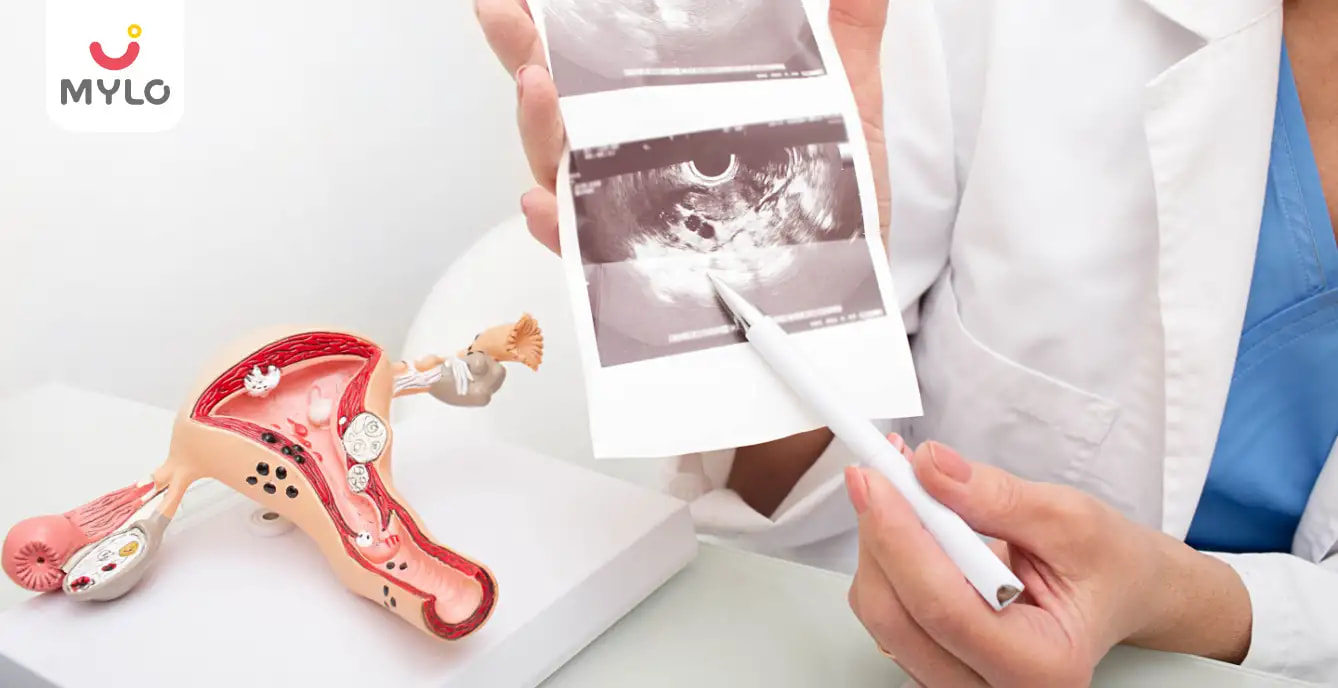
In Vitro Fertilization (IVF)
Endometrial Thickness for IVF: The Ultimate Guide to Successful IVF Outcomes
Updated on 8 September 2023



Medically Reviewed by
Dr. Shruti Tanwar
C-section & gynae problems - MBBS| MS (OBS & Gynae)
View Profile

As hopeful parents-to-be, you want to do everything in your power to increase your chances of a successful IVF. One crucial factor that plays a significant role is endometrial thickness for IVF. In this comprehensive guide, we will delve into the importance of endometrial thickness in fertility treatment and explore how it can impact your chances of successful embryo implantation.
We will also understand how it is measured, what constitutes an ideal endometrial thickness for embryo transfer, and how to increase endometrial thickness for IVF.
What is the importance of endometrial thickness in IVF?
The endometrial lining undergoes changes throughout a woman's menstrual cycle, thickening in preparation for possible implantation of a fertilized embryo. It provides a nurturing environment for the embryo to attach and develop into a healthy pregnancy.
Research has shown that the thickness of the endometrium is closely associated with the chances of successful implantation. A thicker endometrium provides a greater chance for the embryo to firmly attach to the uterine wall and receive the necessary nutrients for growth.
What is the ideal endometrial thickness for embryo transfer?
Determining the ideal endometrial thickness for implantation or embryo transfer in IVF is a subject of debate among fertility specialists. While there is no universally agreed-upon measurement, studies have suggested that an endometrial thickness of at least 7 to 8 millimeters is generally considered favorable for successful embryo implantation.
However, it is important to note that individual variations exist, and what might be ideal for one woman may not be the same for another. Fertility clinics often monitor endometrial thickness through ultrasound scans to assess the readiness of the uterus for embryo transfer.
If the endometrial lining falls below the desired thickness, fertility specialists may recommend additional interventions to optimize the chances of successful implantation. It is essential to work closely with your healthcare provider to determine the ideal endometrial thickness for your specific circumstances.
You may also like : Normal Endometrial Thickness A Key Indicator of Female Fertility
Is it different from the ideal endometrial thickness for frozen embryo transfer?
The requirements for endometrial thickness may differ between fresh and frozen embryo transfer cycles. During a fresh embryo transfer cycle, where embryos are implanted immediately after fertilization, a thicker endometrium is generally desired.
On the other hand, frozen embryo transfer cycles, where embryos are cryopreserved and later thawed for implantation, may have different requirements. Research suggests that frozen embryo transfers may have a slightly different ideal endometrial thickness compared to fresh transfers.
Some studies have reported that a range of 6 to 8 millimeters is considered adequate for frozen embryo transfers. However, it is crucial to remember that these recommendations may vary depending on individual factors and the recommendations of your fertility specialist.
You may also like : How to Increase Endometrial Thickness: Your Guide to Science-Backed Tips
How is endometrial thickness for IVF measured?
The measurement of endometrial thickness is typically done through ultrasound imaging. Ultrasound scans allow fertility specialists to visualize the thickness of the endometrial lining and assess its suitability for embryo implantation. This non-invasive procedure involves a transvaginal ultrasound probe that provides detailed images of the uterus and endometrium.
The ultrasound scan is usually performed during the menstrual cycle, around the time of expected ovulation. By closely monitoring the endometrial thickness, fertility specialists can make informed decisions about the timing of embryo transfer and the need for any interventions to optimize the endometrial lining. Regular ultrasound monitoring throughout the IVF process allows for adjustments and ensures the best possible chances of success.
How to increase endometrial thickness for IVF?
Achieving an optimal endometrial thickness is a goal for couples undergoing IVF. While individual factors and underlying conditions can influence endometrial thickness, there are several strategies that may help increase it. Here are seven ways to potentially improve endometrial thickness for your IVF procedure:
1. Hormonal support
Hormonal medications, such as estrogen and progesterone, can be prescribed to support the growth of the endometrial lining. These medications help thicken the endometrium and create a more receptive environment for embryo implantation.
2. Nutritional considerations
Maintaining a healthy diet rich in nutrients is important for overall reproductive health. Specific nutrients, such as vitamins C and E, omega-3 fatty acids, and antioxidants, have been linked to improved endometrial thickness. Including foods like fruits, vegetables, whole grains, and healthy fats in your diet may positively impact endometrial health.
3. Herbal supplements
Certain herbal supplements, such as red raspberry leaf, chasteberry, Shatavari and dong quai, have been traditionally used to support reproductive health. While evidence on their effectiveness is limited, some women may find these supplements helpful in improving endometrial thickness. It is crucial to consult with a healthcare provider before starting any herbal regimen.
4. Acupuncture
Acupuncture, a form of traditional Chinese medicine, has gained popularity as a complementary therapy for fertility treatments. Some studies suggest that acupuncture may improve endometrial thickness by increasing blood flow to the uterus. Discussing acupuncture with a qualified practitioner may be beneficial.
5. Endometrial scratching
Endometrial scratching, also known as endometrial injury, involves a minor procedure where the lining of the uterus is gently disrupted. This procedure is thought to stimulate the healing process and promote endometrial growth. While evidence on its effectiveness is still evolving, some studies have shown promising results.
6. Lifestyle modifications
Certain lifestyle factors, such as maintaining a healthy body weight, reducing stress levels, and avoiding smoking and excessive alcohol consumption, can positively impact reproductive health and endometrial thickness. Adopting a balanced lifestyle may help optimize your chances of successful IVF outcomes.
7. Consultation with a fertility specialist
Ultimately, consulting with a fertility specialist is crucial for personalized guidance and support. They can assess your specific situation and recommend tailored approaches to enhance endometrial thickness. Working closely with a knowledgeable healthcare professional ensures that you receive the best possible care and maximize your chances of a successful IVF outcome.
Final Thoughts
Endometrial thickness for IVF plays a significant role in its success. Understanding the importance of a favorable endometrial environment for embryo implantation is essential for couples undergoing IVF. By closely monitoring endometrial thickness and implementing strategies to optimize it, such as hormonal support, nutritional considerations, and lifestyle modifications, couples can enhance their chances of successful IVF outcomes.
References
1. Zhang T, Li Z, Ren X, Huang B, Zhu G, Yang W, Jin L. (2018). Endometrial thickness as a predictor of the reproductive outcomes in fresh and frozen embryo transfer cycles: A retrospective cohort study of 1512 IVF cycles with morphologically good-quality blastocyst. Medicine (Baltimore).
2. Wang Y, Zhu Y, Sun Y, Di W, Qiu M, Kuang Y, Shen H. (2018). Ideal embryo transfer position and endometrial thickness in IVF embryo transfer treatment. Int J Gynaecol Obstet.
3. Holden EC, Dodge LE, Sneeringer R, Moragianni VA, Penzias AS, Hacker MR. (2018). Thicker endometrial linings are associated with better IVF outcomes: a cohort of 6331 women. Hum Fertil (Camb).





Medically Reviewed by
Dr. Shruti Tanwar
C-section & gynae problems - MBBS| MS (OBS & Gynae)
View Profile


Written by
Anupama Chadha
Anupama Chadha, born and raised in Delhi is a content writer who has written extensively for industries such as HR, Healthcare, Finance, Retail and Tech.
Read MoreGet baby's diet chart, and growth tips

Related Articles
Related Questions
Hello frnds..still no pain...doctor said head fix nhi hua hai..bt vagina me pain hai aur back pain bhi... anyone having same issues??

Kon kon c chije aisi hai jo pregnancy mei gas acidity jalan karti hain... Koi btayega plz bcz mujhe aksar khane ke baad hi samagh aata hai ki is chij se gas acidity jalan ho gyi hai. Please share your knowledge

I am 13 week pregnancy. Anyone having Storione-xt tablet. It better to have morning or night ???

Hlo to be moms....i hv a query...in my 9.5 wk i feel body joint pain like in ankle, knee, wrist, shoulder, toes....pain intensity is high...i cnt sleep....what should i do pls help....cn i cosult my doc.

Influenza and boostrix injection kisiko laga hai kya 8 month pregnancy me and q lagta hai ye plz reply me

RECENTLY PUBLISHED ARTICLES
our most recent articles
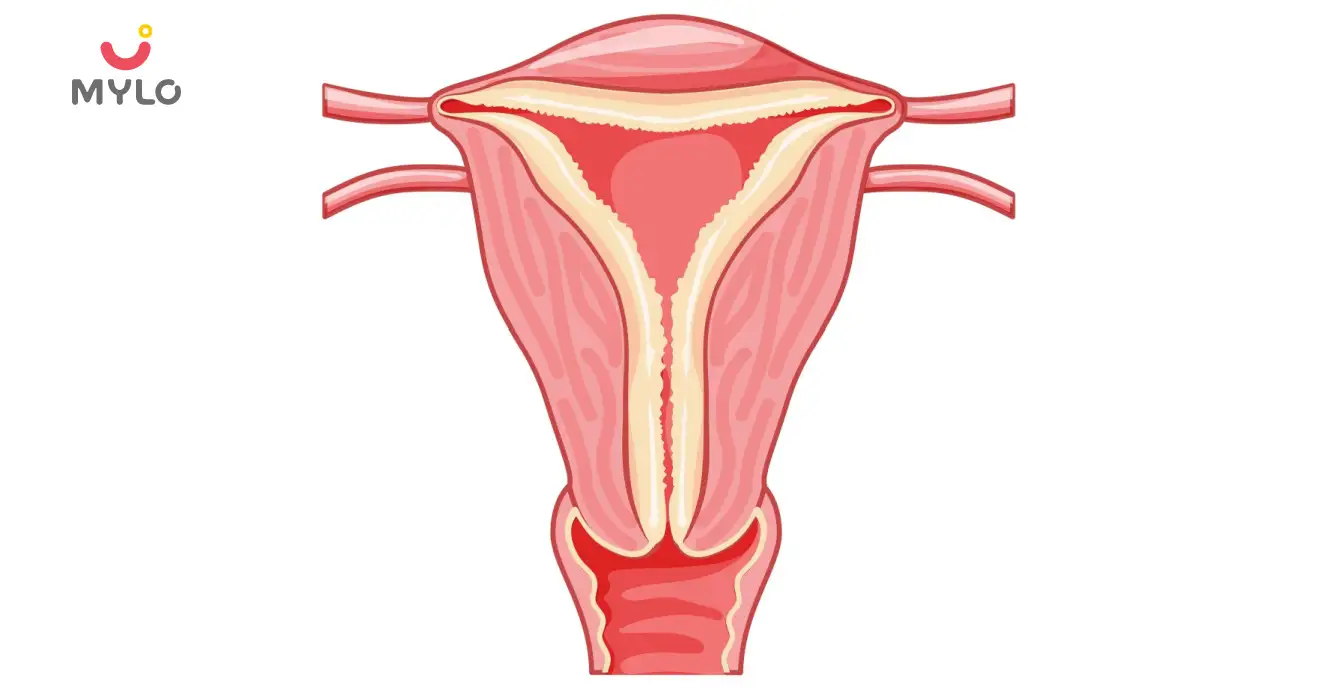
Fertility
Normal Endometrial Thickness: A Key Indicator of Female Fertility
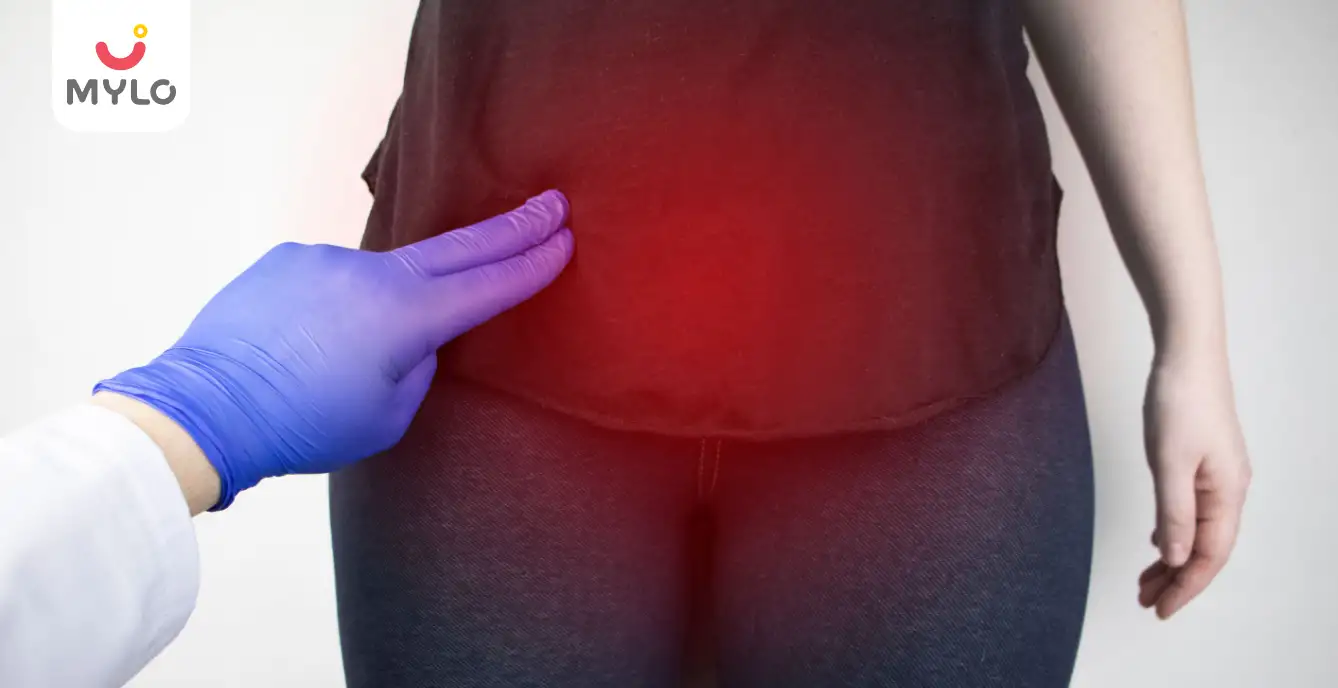
Fibroids
Uterine Artery Embolization: A Non-Invasive Solution for Fibroids
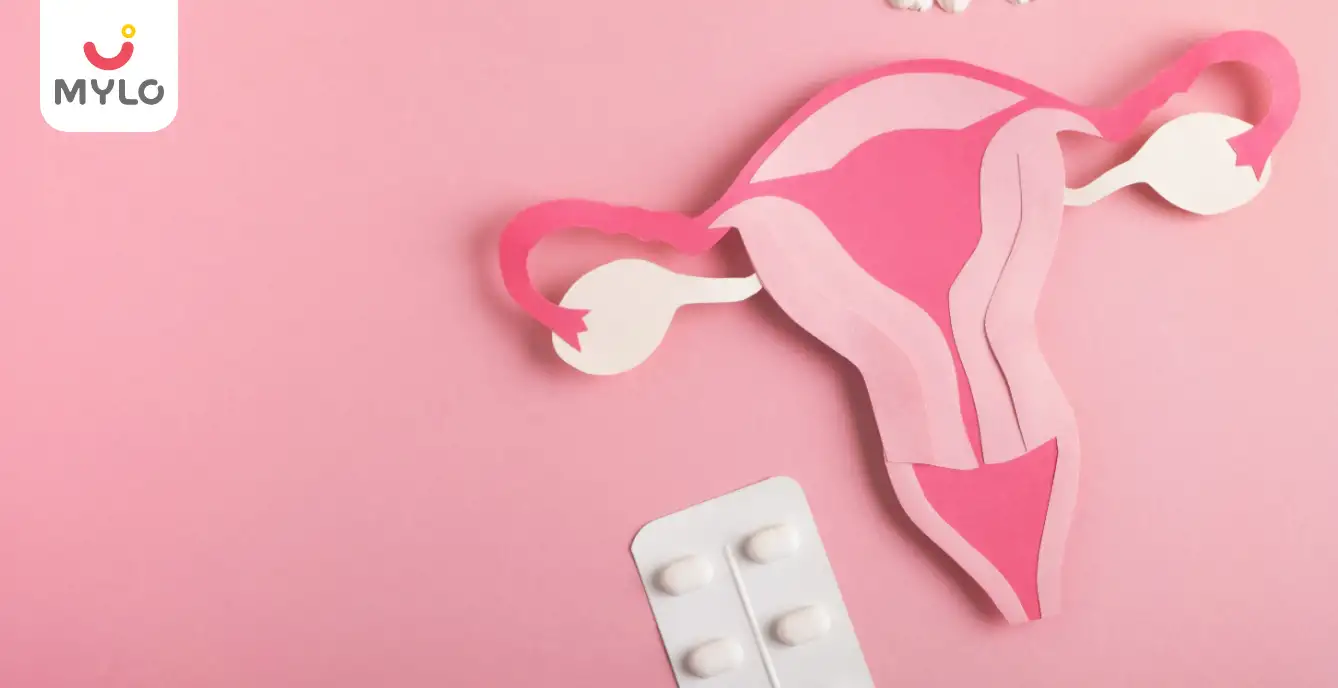
Menstrual Cycle
Deviry 10mg for Menstrual Disorders: Is It the Right Choice for You
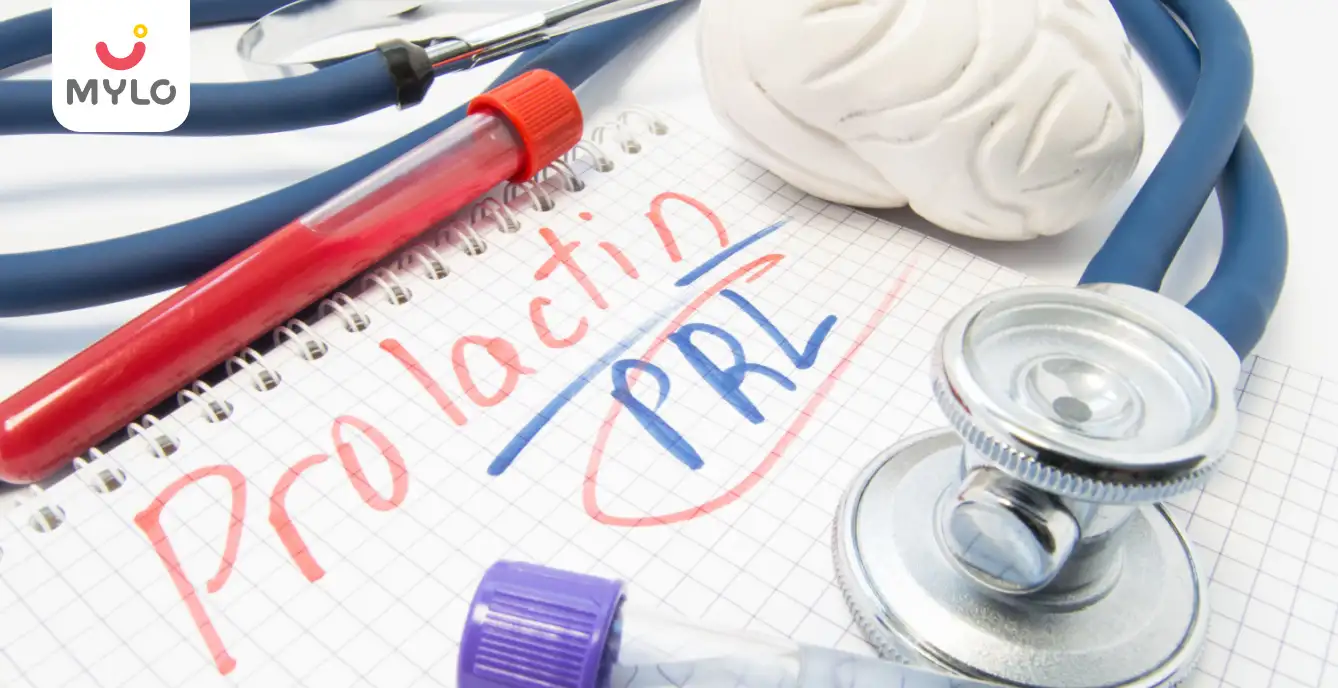
Hormones
Hyperprolactinemia: How High Prolactin Levels Can Affect Your Chances of Conception
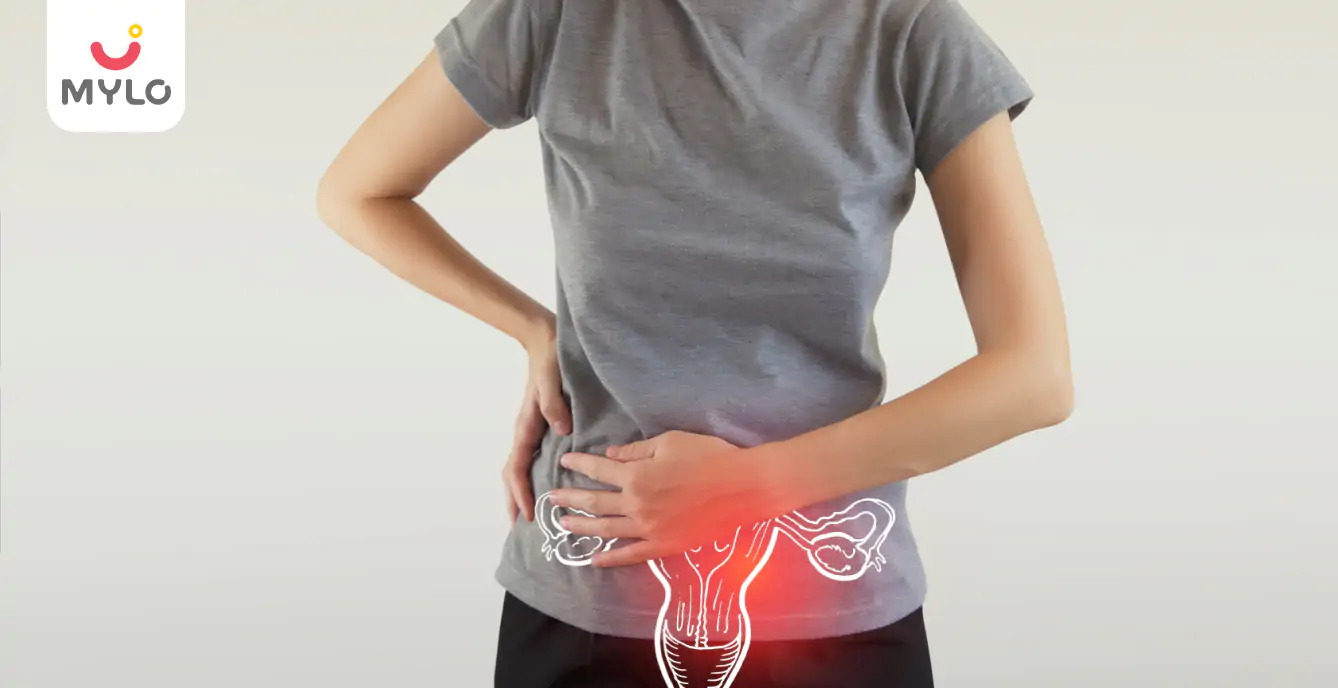
Fibroids
Myomectomy: A Comprehensive Guide to Uterine Fibroid Removal Surgery
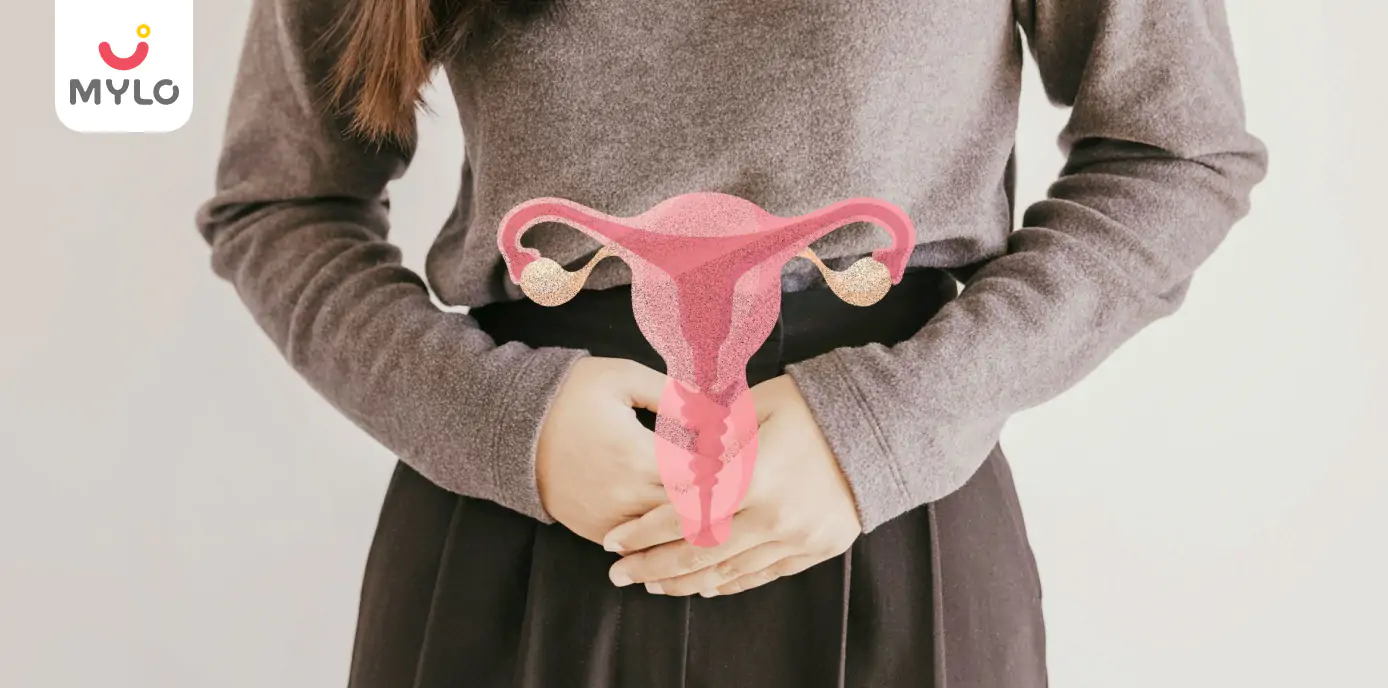
Menstrual Cycle
The Hormonal Dance: Understanding Which Hormones Regulate Menstrual Cycle
- 7 home remedies to cure cough and cold in infants
- How to Increase Endometrial Thickness: Your Guide to Science-Backed Tips
- Endometrial Scratching: The Ultimate Guide to Meaning, Benefits and Impact on Conception
- The Ultimate Guide to Buying a Baby Bath Tub for New Parents
- Strawberry in Pregnancy: Why Should This Fruit Be on Your Pregnancy Platter?
- Benefits of Wearing a Pregnancy Belt Before Delivery
- PCOS Treatment in Homeopathy: The Ultimate Guide to Natural Remedies
- Manjistha: Ayurveda's Best-Kept Secret for Health and Beauty
- Metformin for PCOS: How This Medication Can Help Regulate Hormonal Imbalances
- 5 Tips on How to Get Pregnant When You Are Fat
- Do Antibiotics Affect Fertility: Debunking Common Myths and Misconceptions
- Disadvantages of Releasing Sperm Daily: Debunking Common Myths
- Varicocele Surgery Cost: What You Need to Know Before You Go Under the Knife
- Testicular Pain: Don't Ignore, Know When to Seek Medical Attention


AWARDS AND RECOGNITION

Mylo wins Forbes D2C Disruptor award

Mylo wins The Economic Times Promising Brands 2022
AS SEEN IN

- Mylo Care: Effective and science-backed personal care and wellness solutions for a joyful you.
- Mylo Baby: Science-backed, gentle and effective personal care & hygiene range for your little one.
- Mylo Community: Trusted and empathetic community of 10mn+ parents and experts.
Product Categories
baby carrier | baby soap | baby wipes | stretch marks cream | baby cream | baby shampoo | baby massage oil | baby hair oil | stretch marks oil | baby body wash | baby powder | baby lotion | diaper rash cream | newborn diapers | teether | baby kajal | baby diapers | cloth diapers |




